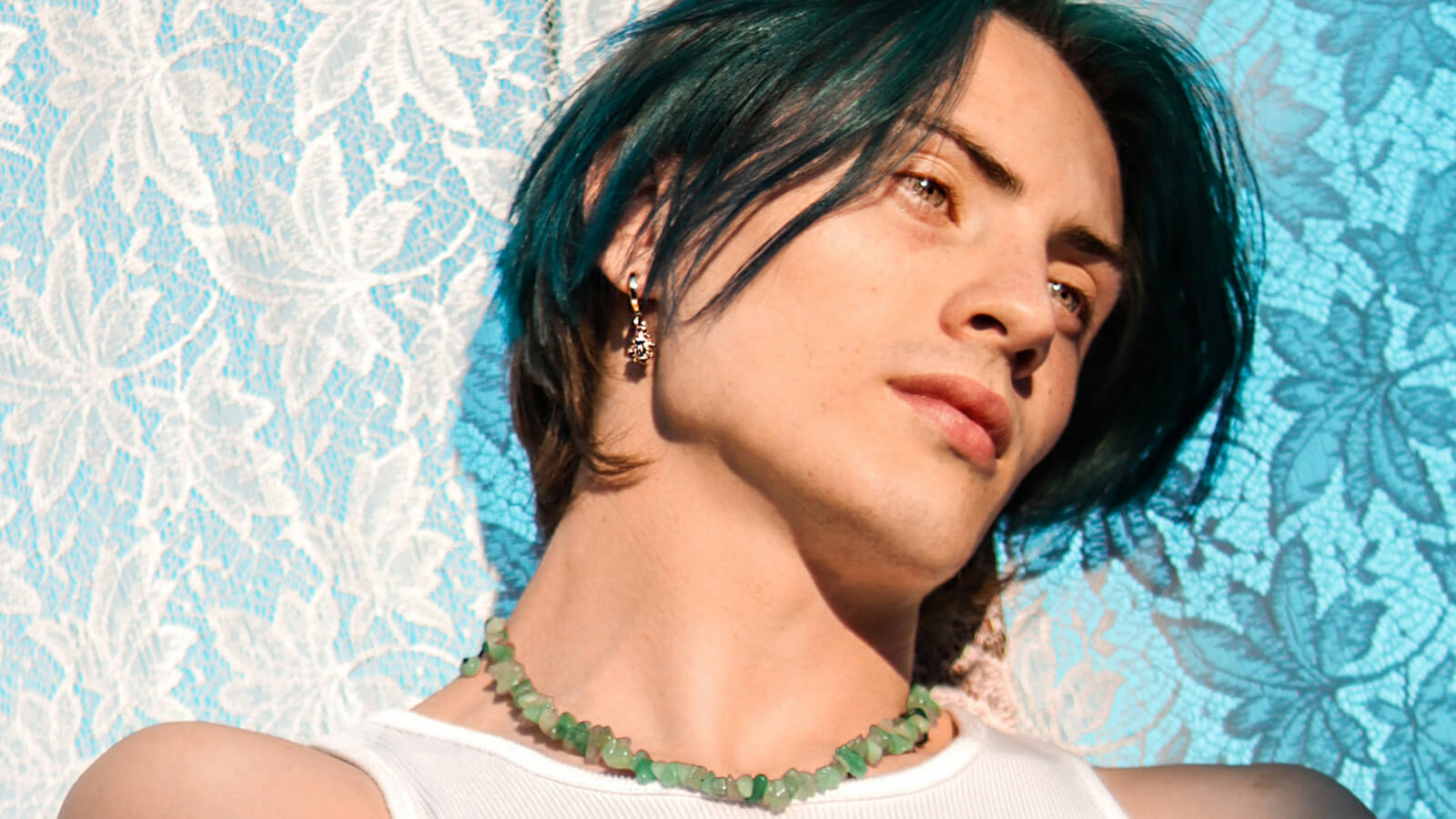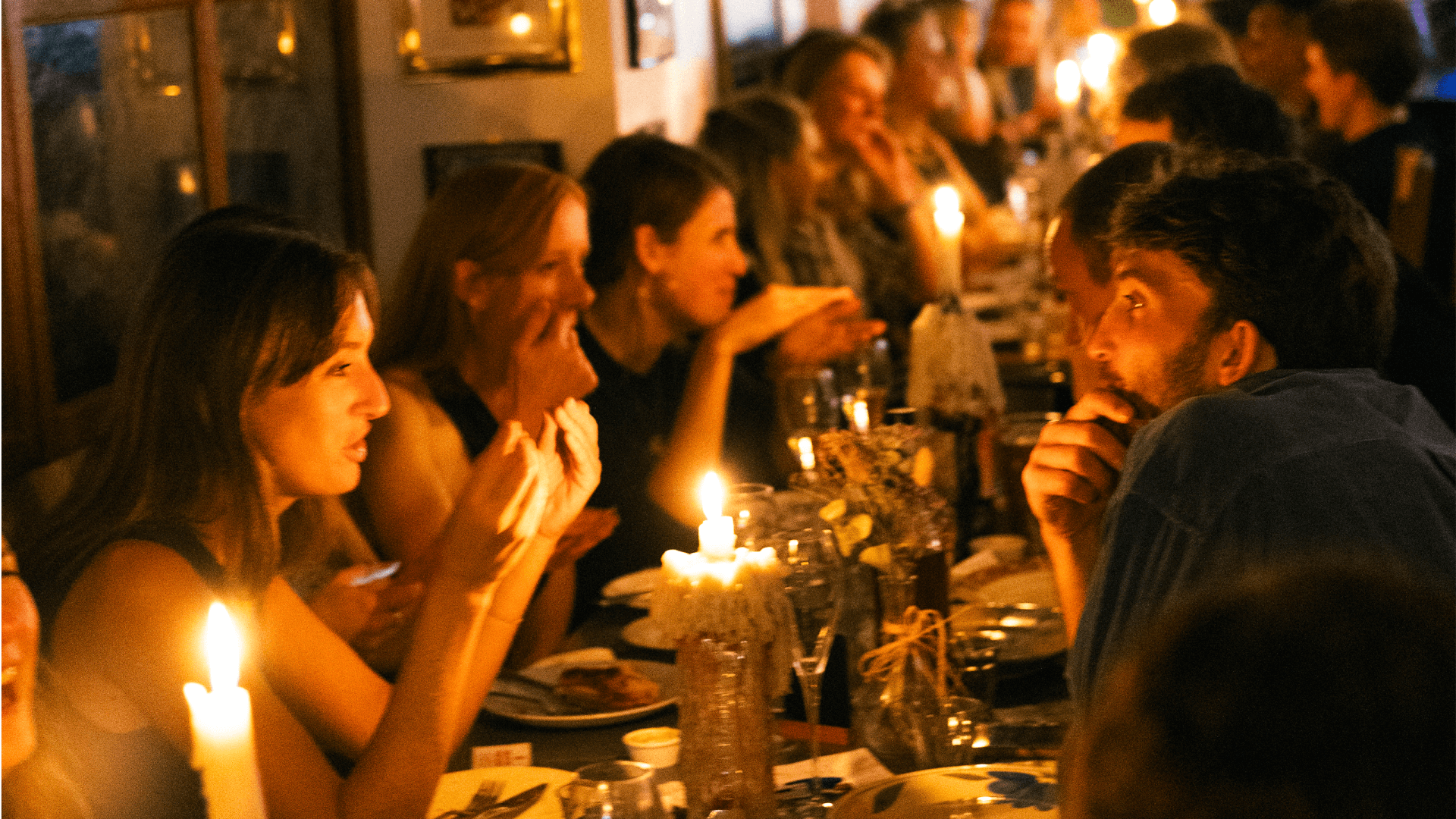“A TikTokified Idea Of Beauty” – The Truth About Looksmaxxing, The Extreme Makeover Trend On The Rise
“What can I do to be prettier? Be brutally honest” read the caption of a video on my TikTok ‘For You’ page, of a woman filming her appearance. What follows is an extreme digital makeover, in which the creator is given tips including: “dye your eyebrows”, “cut your bangs” and “take Accutane” (prescription medication for severe acne).
There are thousands of these makeover videos on TikTok and they stem from an idea known as ‘looksmaxxing’. The term originally came about in the 2010s among the incel community, a misogynistic digital space made up of men who consider themselves to be ‘involuntarily celibate’. The idea behind looksmaxxing – which has become increasingly popular with young people on the social media platform – is to ‘maximise’ your appearance to become more attractive to the opposite sex.
The extremity of the tips provided on these videos vary. On one end of the spectrum, it involves investing in certain skincare products and plucking your eyebrows; on the other, it’s undergoing cosmetic surgery and extreme weight-loss techniques.
Looking for beauty tips online is nothing new, but looksmaxxing can be more sinister, with people openly inviting brutally honest critiques of their appearance from strangers. “One of my biggest insecurities is my jawline and my double chin,” says Natalie, 20, in California, who regularly consumes looksmaxxing videos on her socials. “With looksmaxxing, a weak jawline is deemed ugly, so something I was already insecure about is constantly pushed down my throat.”
One of the ways looksmaxxing differentiates itself from other beauty trends is that the advice it provides around what’s attractive and what isn’t is presented as objective. For example, looksmaxxers often suggest that having qualities such as a defined jawline makes a person more attractive, perpetuating harmful gender normative beauty standards with origins in the toxic incel community.
For Dr Carolina Are, a social media researcher at Northumbria University’s Centre for Digital Citizens in the UK, the rise of looksmaxxing is concerning: “What this trend is saying is to be a ‘proper man’, you have to look like this and you have to have X,Y and Z traits,” she says. “That’s really problematic, because it’s implying that whoever doesn’t possess these traits is less attractive, less manly and less desirable.

“It’s yet another unattainable beauty standard, but it’s grounded within this need that incels have to somehow assert their masculinity in a world that, according to them, has been taken over by women trying to rip them off. It feels like a toxic response to what is already a toxic subculture.”
Looksmaxxing promotes techniques such as mewing – a form of oral posture training, which some believe can enhance your jawline – which have no scientific basis. And the advice can be extreme: one TikTok recommends mewing for 23 hours per day. “[It’s] dictating, without any forms of expertise, the ways people should change their appearance,” adds Dr Are.
Her warning echoes the experience of 27-year-old Izzy in London. “Sometimes when you see these tweakments on social media, it feels like you can’t compete [with other people making these changes] if you don’t do these things. During the past few years, I’ve had to really talk myself out of getting preventative Botox,” she adds.
Of course, women have been held to – and fought against – gendered beauty standards for years, but this trend seems to roll back any progress that’s been made. As Izzy adds: “The most depressing thing about looksmaxxing is that it glamourises fitting the beauty standard.”

This online pressure is having devastating real-world consequences. “Trends like looksmaxxing are very harmful, as they can make people feel guilty or distressed about their body,” explains Tom Quinn, director of external affairs at UK-based eating disorder charity Beat. “This can trigger harmful eating disorder behaviours such as restricting food, overexercising or binge eating.”
According to Dr Are, social media platforms have a responsibility to safeguard users, as problematic algorithms feed the popularity of trends such as looksmaxxing. “People might be looking for one specific beauty recommendation, then because of the way these platforms work – algorithms are known to make rabbit holes – they accidentally discover looksmaxxing,” she explains.
Platforms such as TikTok do have some features designed to block harmful content. For example, if you search for the term ‘eating disorder’, all the videos that fall underneath this search term are blocked and instead you’re provided with support resources. When you search ‘looksmaxxing’, on the other hand, you can still watch the videos with this tag. They appear alongside a notice that says ‘you are more than your weight’, with more links to safety resources – although this feels slightly counterintuitive when the first video you click on promotes ‘facial slimming’.
Ultimately, it’s almost impossible to say whether social media is entirely to blame for the rise of looksmaxxing, or whether our feeds are just the perfect vehicle for patriarchal gendered beliefs that have always permeated society. It’s the chicken and egg dilemma for the digital age.
“I try to separate myself from social media, but I know that the way people look online has made me feel bad about myself,” Izzy says. “There’s a need to optimise everything about yourself and to fit an algorithm – a TikTokified idea of beauty.”
“Social media platforms are an extension of life,” adds Dr Are. “Trends [such as looksmaxxing] exist because we still have people who believe women and men should behave in a certain way.” And while these trends remain widespread, it’s important to protect yourself and your mental health. Quinn’s advice is: “If anyone is struggling with online trends like looksmaxxing, we’d encourage them to take a step back from social media, report any dangerous content and reach out to helpful sources such as Beat.”
If you’re worried about your own or someone else’s health, you can contact Beat, the UK’s eating disorder charity on 0808 801 0677 and online here. In the US, find resources via the National Eating Disorders Association here.
Alice Porter is a freelance journalist based in London, covering digital culture, sex and relationships and health and wellness. She has written for publications including Dazed, VICE and Refinery29




